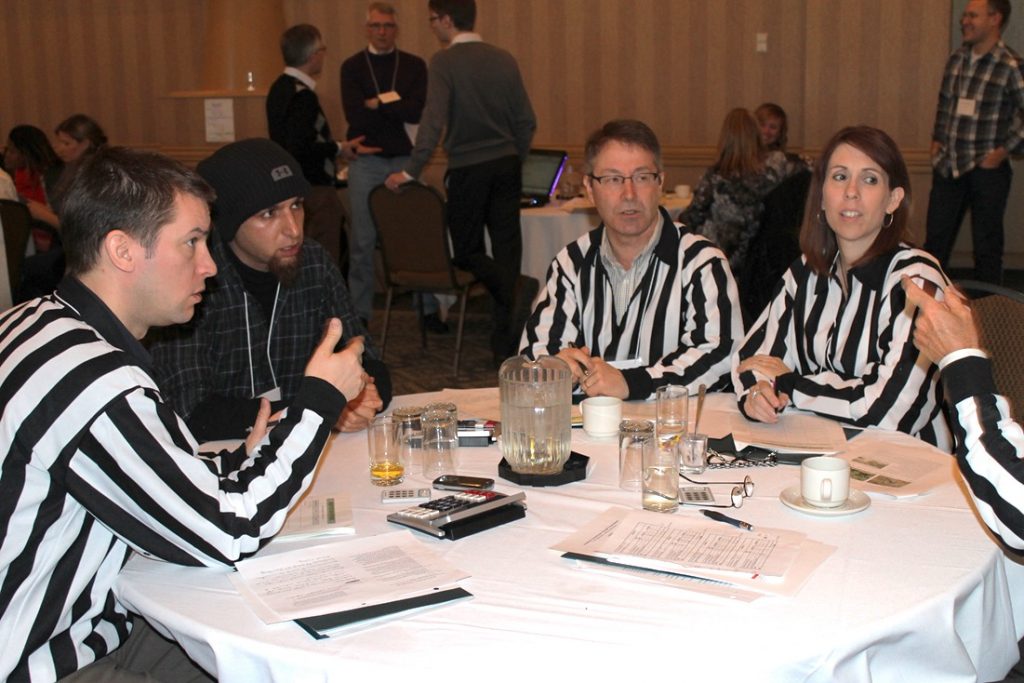Drought is defined as little precipitation over a large geographic area for a prolonged period of time [1]. This means droughts can have widespread impacts on ecosystems and water users that can last from part of a season to several years [1]. Impacts range from municipal water use restrictions, to stress on coldwater fish species, to loss of crops and agricultural productivity.
Drought mitigation aims to:
- anticipate these and other known impacts,
- create response plans before droughts hit, and
- increase overall preparedness to address new or unanticipated impacts as they arise
Alberta has a long history of drought. Today’s mitigation methods have evolved out of lessons from past drought events in Alberta and across the globe. Drought and emerging concerns over global water scarcity have brought mitigation methods such as wastewater reuse to the fore, while reinforcing the importance of methods like limiting use and maximizing water-use efficiency. Alberta has a range of drought mitigation policies and technologies that, when used simultaneously, can help prevent the negative effects of drought, respond to emergency water shortages, and build the resilience of ecosystems and communities. This section highlights several of the different drought mitigation options in Alberta.
The selection of mitigation methods explained here are not meant to be an endorsement for any one method. Instead, the methods listed are intended to provide basic information of what mitigation methods are available and how they work.
- National Drought Mitigation Center, University of Nebraska Lincoln. N.D. What is drought? Available online: http://drought.unl.edu/DroughtBasics/WhatisDrought.aspx

